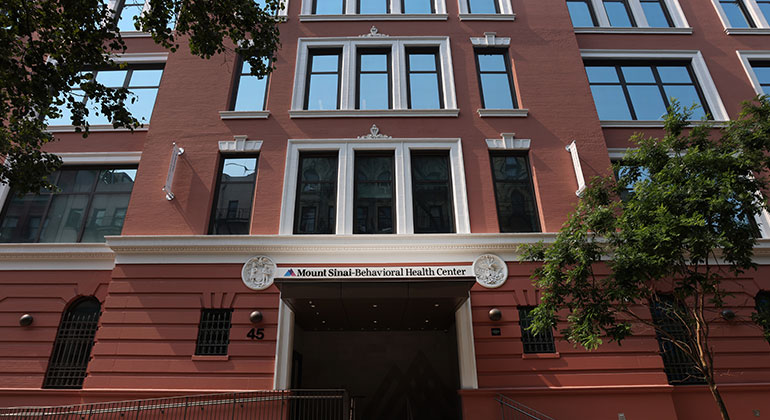"To Be Resilient, Face Tragedy With Humour And Flexibility" - Pam Weintraub
People who are resilient tend to be flexible – flexible in a way that they think about challenges, and flexible in a way that they react emotionally to stress. An important component of cognitive flexibility is accepting the reality of our situation, even if that situation is frightening or painful, write Dennis S. Charney, MD, dean of the Icahn School of Medicine at Mount Sinai and president for academic affairs for the Mount Sinai Health System and Steven Southwick, PhD, professor of psychiatry at the Yale School of Medicine, in their 2nd edition of Resilience: The Science of Mastering Life’s Greatest Challenges. “Resilience requires creativity and flexibility: the creativity to explore multiple viewpoints and the flexibility to embrace a positive but realistic assessment – or reassessment – of a challenging situation.”
- Dennis S. Charney, MD, Anne and Joel Ehrenkranz Dean, Icahn School of Medicine at Mount Sinai, and President for Academic Affairs, Mount Sinai Health System

